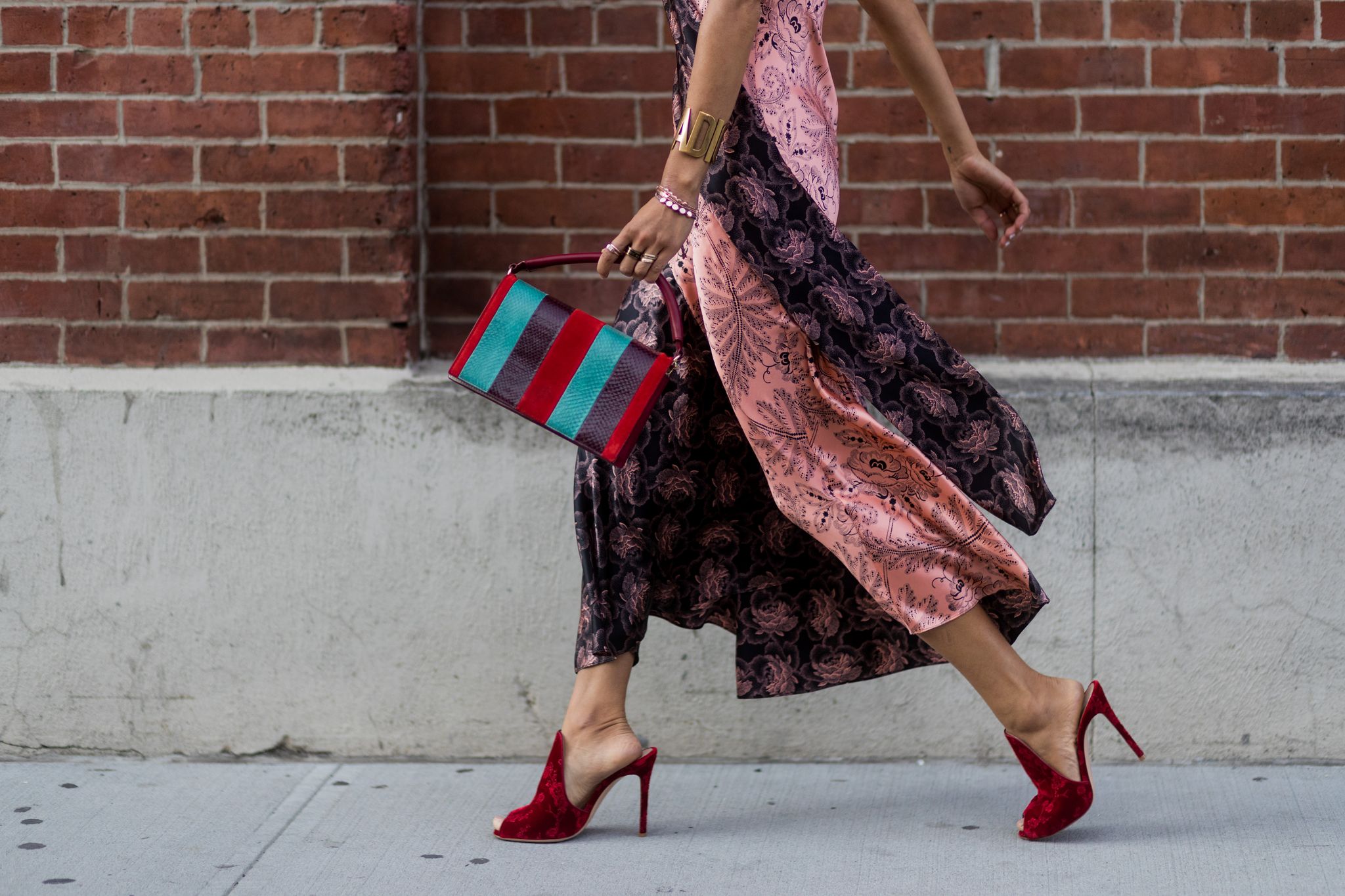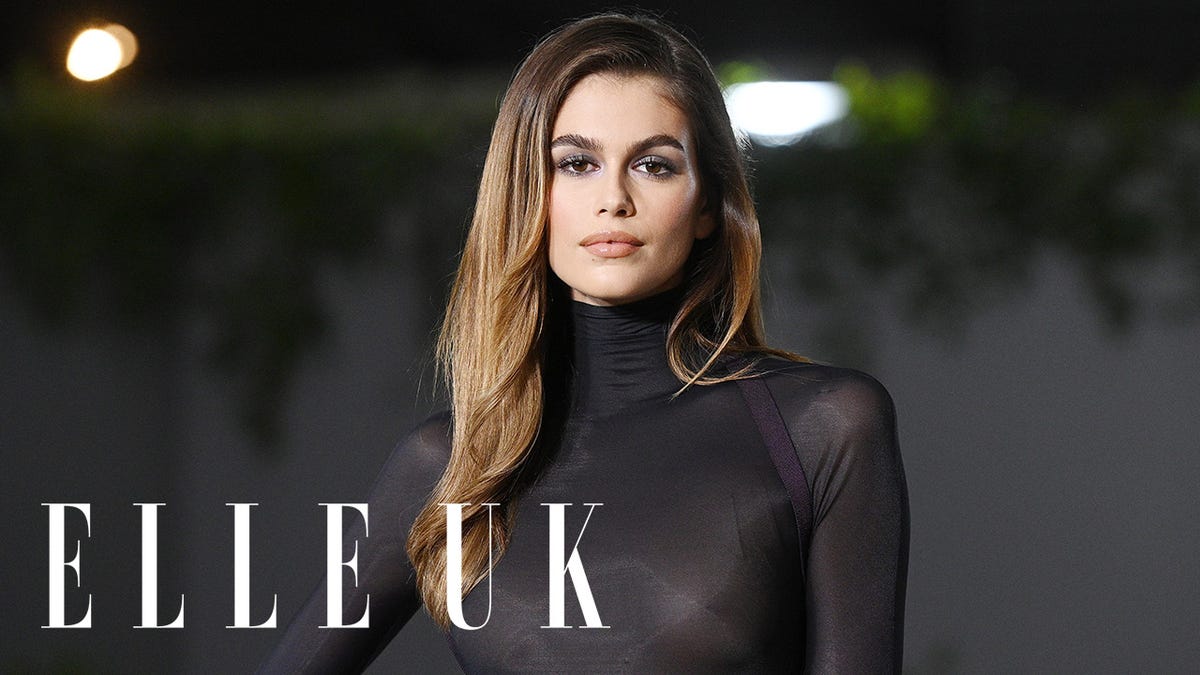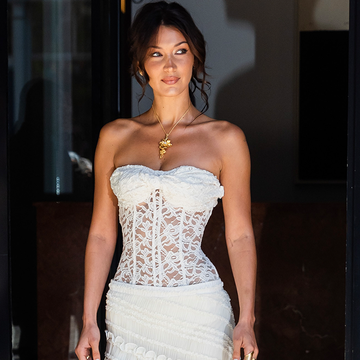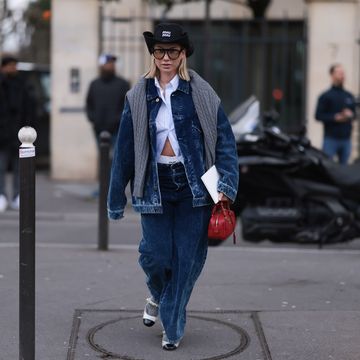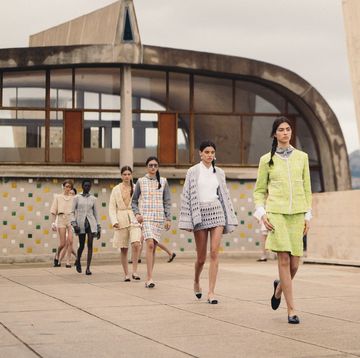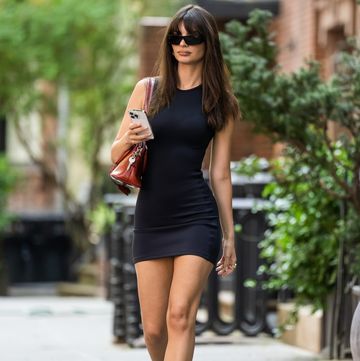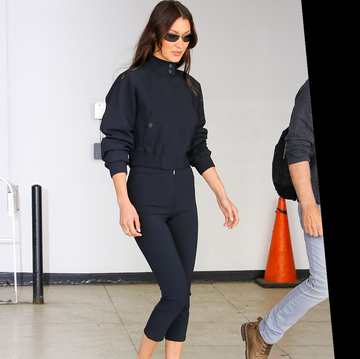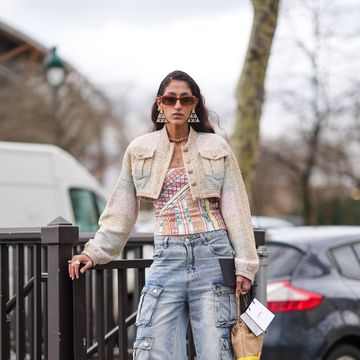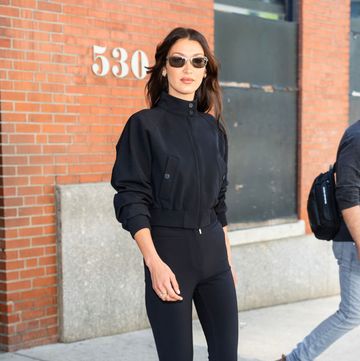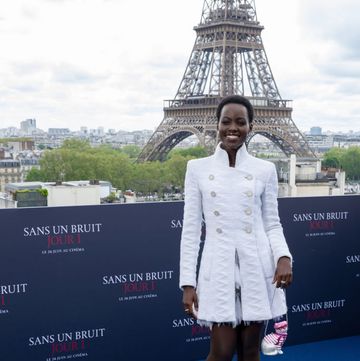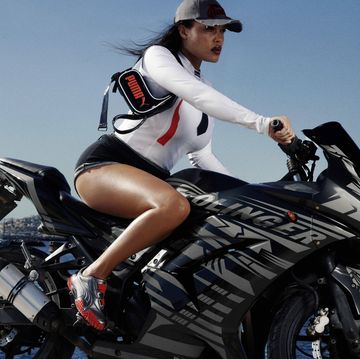On 24 April 2013, the Rana Plaza factory collapsed in Bangladesh. More than 1,000 garment workers died, and thousands more were injured, after the building in which they worked tumbled into rubble. It took less than 90 seconds. Unions called it a 'mass industrial homicide'.
Those workers had been making clothes sourced by major international brands. Brands that you, and I, most likely wear day-to-day. Not only did the disaster cause a national outcry, it put the issue of where our clothes really come from in the spotlight.
Like many others in the industry, Carry Somers and Orsola de Castro felt that it couldn't simply be forgotten. In a bid to make a stand, they launched Fashion Revolution, which urges the fashion industry to take more responsibility and show greater transparency in the supply chain.
Fast-forward six years and the campaign has grown into the world’s largest global fashion activism movement - millions of people across the globe now take part during the week of 24 April every year.
'Brands, retailers and consumers are realising how important transparency is. It is driving accountability, which is eventually leading to the change we desperately need to see,' says Somers, speaking to the Evening Standard.
Fashion Revolution asks one question: who made your clothes? Do you know? And if not, why not? Put simply: we don't know enough about the impact our clothing is having on people and the planet.
Last year, 3.25 million people took part during the week and asked: #WhoMadeMy Clothes? Outside of social media, the campaign has had real-world impact. Marks & Spencer now publishes its supplier list, as does ASOS, Levi's, Primark, and the H&M group (which includes Arket, Cos and & Other Stories).
Each year, Fashion Revolution also publishes a Transparency Index that reviews and ranks 200 of the biggest global fashion brands and retailers according to how open they are about their supply chains. The index is based on how much information they disclose publicly about their human rights and environmental policies, practices and impacts.
The good news? More brands and retailers are disclosing their suppliers than they were three years ago. Adidas, Reebok, Patagonia, Esprit and H&M take top spots, scoring the highest in the 61-70% range. No major brands, however, score above 70%.
Still, there are many ways you can support the campaign. If you're quick, Know The Origin is hosting a pop-up shop in Soho today, including a talk that questions Feminism in Fashion. And Fashion Open Studio is working with the likes of Vivienne Westwood to host talks and open workshops that put sustainable fashion practices front and centre. The Lone Design Club it also celebrating independent designers in a pop-up on Baker Street.
Exhibition wise, you've got Somerset House's Interwoven taking place this weekend. It's all about textiles, and how they intersect with design and activism to create sustainable change in the fashion industry. Meanwhile in Cornwall, at the Museum of Cornish Life, Plastic Fashion addresses the excessive use of materials which are not biodegradable, such as polyesters.
If you're Brighton-based, Revival Collective have brought together local businesses, organisations and communities for a week of events to celebrate ethical and sustainable fashion in the city.
Of course it's not just pop ups. Showing throughout the week is a docu-series called Catwalk to Creation, which follows the reverse journey of transparent sustainable fashion collaborating with people, companies and brands who have decided to make a difference.
This list is by no means comprehensive - there are thousands of other events around the world. To get involved, go to Fashion Revolution’s events page.
What with the Extinction Rebellion protests and recent Earth Day events, perhaps the message is finally sinking in. Yet with the textiles industry accounting for 1.2bn tonnes of CO2 in 2015, we've clearly still got a long way to go. Hold your favourite brands to account, and you might just (help) change the world.
